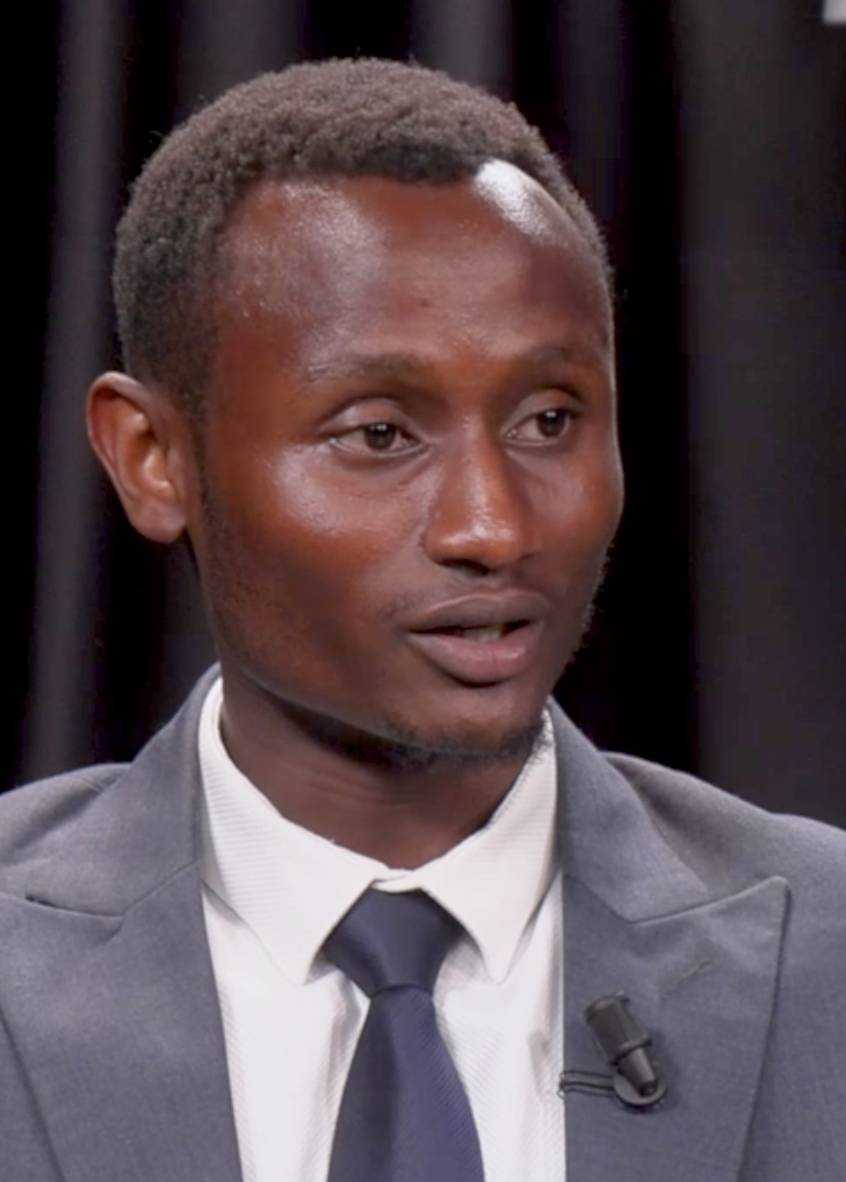Africafé - SADC: Post-Covid recovery in the South Africa Development Community
January 5, 2023
In this episode, Kelly Nyaga outlines and analyzes how the current economic and inflationary conditions are affecting the SADC's and Africa's post-covid recovery. He analyzes the measures' economic effects, what they mean, and how we might use the potential of the African continent for economic growth and the well-being of its people.
Speakers

Youssef Tobi
International Relations Specialist
Tobi Youssef has joined the Policy Center for the New South in 2017. He is currently working on Politics and Governance in the Maghreb Region; his areas of expertise are geopolitics, political risk and nation building. Youssef Tobi obtained a Master Degree at Sciences Po Lyon where he wrote two thesis on “ the role of Moroccan Bank in Africa, a non-state actor in service of the Diplomacy” and the“ Chasm between the mediatic and associative representation of refugees : a case study”.
Prior to working at the Think tank, Tobi Youssef participated in a Social Entrepreneurship Project in Beirut, Lebanon and conducted an internship in a NGO based in Marseille where he assisted refugees and helped raise funds.
...










